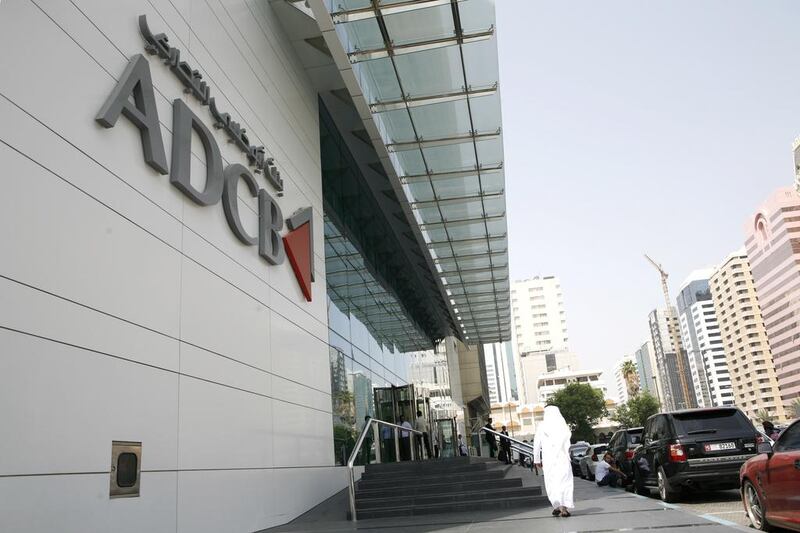Last year, key events that drove the markets included the resurgence in property prices, Dubai's Expo win and the MSCI upgrade to emerging market status. Questions that will be asked this year are how much is now priced into valuations and what will be the catalysts.
A glance at the global macro economic environment provides some clues. Growth in developed markets continues to recover, tapering of quantitative easing (QE) in the United States has started and euro-zone periphery countries are stabilising.
Some emerging markets countries, however, remain a concern, especially those that require high foreign direct investment (FDI) inflows such as Brazil, India and Turkey.
An increase in oil supply is expected from Iraq and Iran and US shale gas may put marginal pressure on prices.
Focusing on the Mena region, growth expectations for this year are good: UAE 4.5 per cent, Qatar 6 per cent, Saudi Arabia 3.5 per cent and Egypt 3 per cent.
The effect of QE tapering will be felt acutely in countries that require a large flow of FDI, but not in the GCC countries as they are creditor nations and liquidity is strong.
The fiscal break-even oil price for GCC countries has generally risen as governments spend on large-scale infrastructure projects. For example, Saudi Arabia’s break-even oil price has risen to US$85 per barrel from $65 a few years ago. The UAE and to a lesser extent other countries in the region have been proactive by steadily increasing their share of non-oil GDP as seen by the growth in hospitality and leisure, airlines and transport and logistics.
Last month, UAE markets were quite strong, with Abu Dhabi up 11.4 per cent and Dubai up 14.4 per cent, each closing the year with significant gains.
Banking stocks had a stellar performance throughout the year, many giving returns of more than 100 per cent as profitability increased and investor confidence surged.
Overall, the UAE banking system remains quite healthy and the retail banking sector continues to perform well. Last month, shares of ADCB rose 22 per cent, Adib and Emirates NBD 21 per cent, Dubai Islamic Bank 20 per cent, Union National Bank 19 per cent and First Gulf Bank 11 per cent.
The average value traded on the Dubai Financial Market (DFM) jumped to the highest level in at least the past four years, reaching US$283 million per day in December, up 56 per cent month on month and almost seven-and-a-half times the trading value achieved in December 2012. Shares of DFM, the only listed bourse operator in the Middle East, gained 10 per cent during the month, while its gains for 2013 stood at 142 per cent.
The property sector’s performance last month beat the overall market as it was supported by Dubai’s Expo 2020 win.
Emaar was one of the star performers, with its share increasing by 22 per cent, while RAK Properties and Aldar Properties increased by 44 per cent and 16 per cent respectively.
Dubai’s Land Department announced a new rental increase based on the current rentals in various locations in Dubai. In 2013 the UAE real estate market performance was exceptional, supported by a number of factors such as recovery in Dubai and Abu Dhabi property prices, new project launches in Dubai, increased profitability of developers and the successful Expo bid.
Returning to wider investment themes, GCC markets, particularly the UAE, are well placed to continue to perform this year as economic growth is likely to be strong, FDI flows are not a concern and a slightly lower oil price should benefit global growth.
Further, while the upgrade to MSCI emerging market status for UAE and Qatar is last year’s news, passive emerging market funds that track some $800 billion will start investing only in May. Naturally, volatility is expected as global events unfold, but underlying fundamentals for the region remain sound.
Saleem Khokhar is the head of equities at NBAD Asset Management Group





